Delivering for Uganda
CSU group sees impact of grassroots fundraising, education story by Jeff Dodge video by Brian Buss published Nov. 1, 2019The first thing you notice about Colorado State University custodian Robert Serunjogi is that he’s very outgoing and friendly.
And a conversation he struck up with a complete stranger more than four years ago not only blossomed into a friendship, but a fundraising campaign that has generated almost $70,000 to build schools for orphans in his home country of Uganda.
“I say ‘Hi’ to a lot of strangers, and this time it paid off in a big way,” he says. “I got that from my grandmother. She’d say that if you don’t say ‘How are you?’ how are you going to make friends?”
Laura Schreck is the Colorado State University student Serunjogi began chatting with on that fateful day in spring 2015. Schreck had given up her smartphone for the semester after realizing that she and her friends were always glued to their screens, so she was admittedly more open to her surroundings when Serunjogi approached her in the Engineering Building.
He mentioned that he was hoping to raise money to build schools in Uganda, where AIDS and civil wars have left many orphaned children, and Schreck offered to help him fundraise by setting up a GoFundMe page and spreading the word via social media.
Role of education
Ultimately, Serunjogi — who juggles a job at McDonald’s with his custodial work at the University — wants to return to Uganda and work as a teacher.
“For me, education is very important, because if everyone had access to education, the world would be safer,” he says. “The community can benefit from you if you get a good education.”
And Serunjogi, who earned his bachelor’s degree in political science from CSU, adds that education opens doors as well.
“Having an education gives you the power to be independent,” he says. “I want that for the children of my village.”
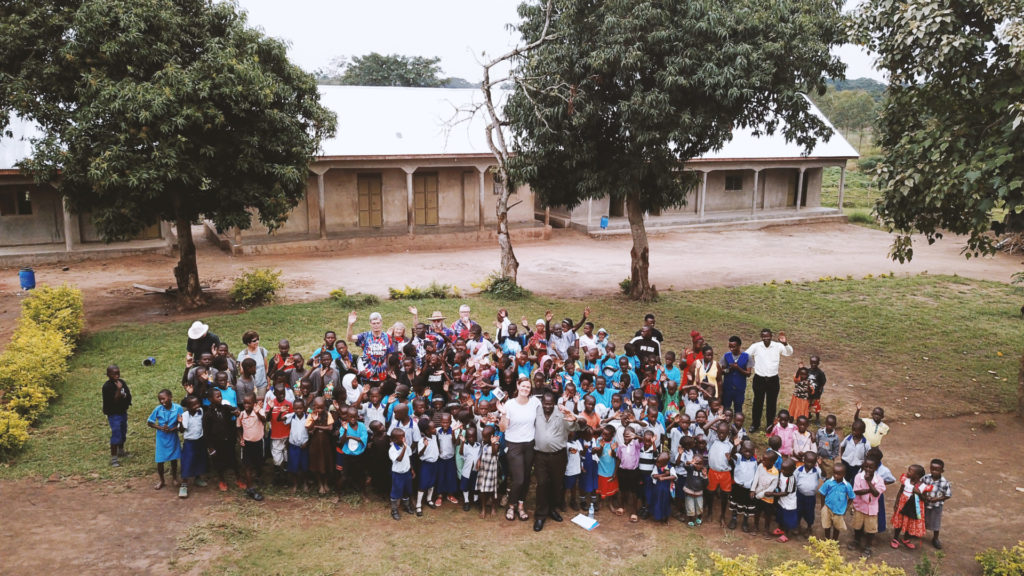
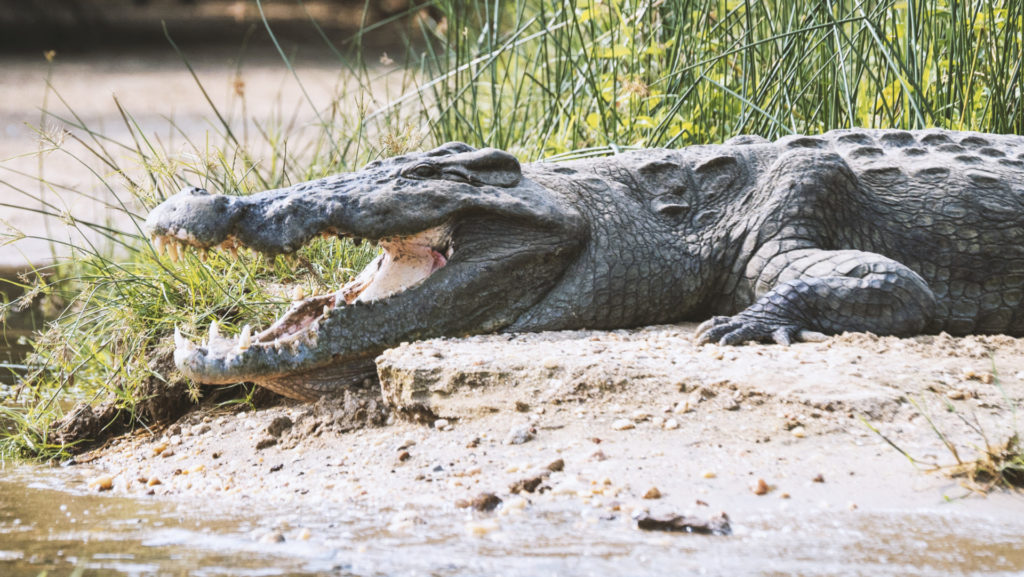
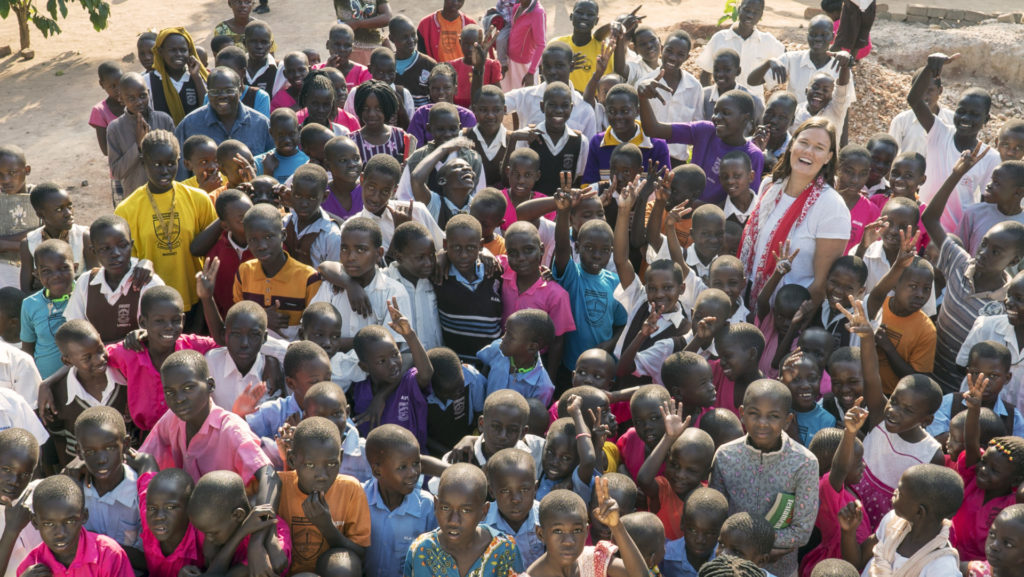
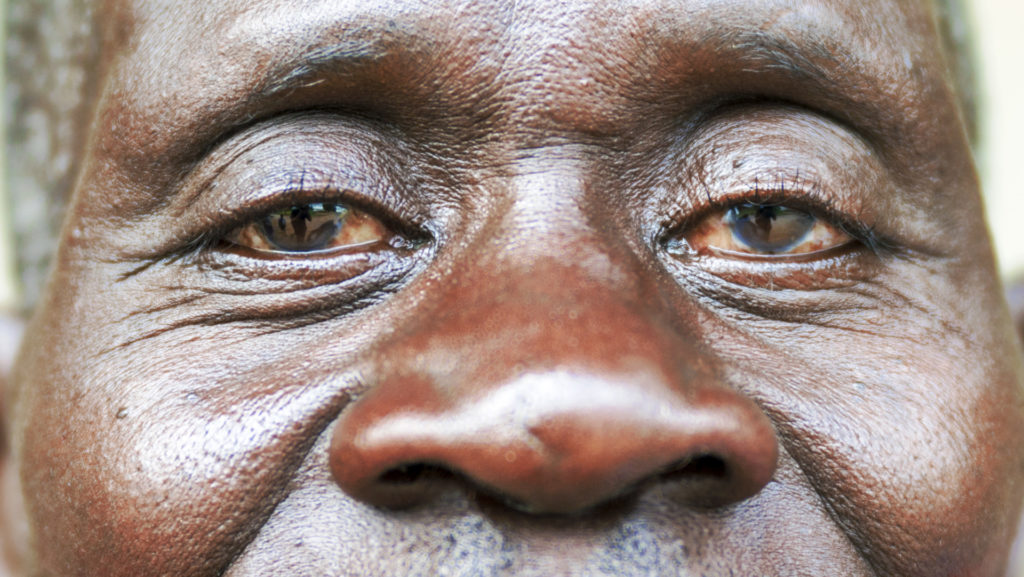
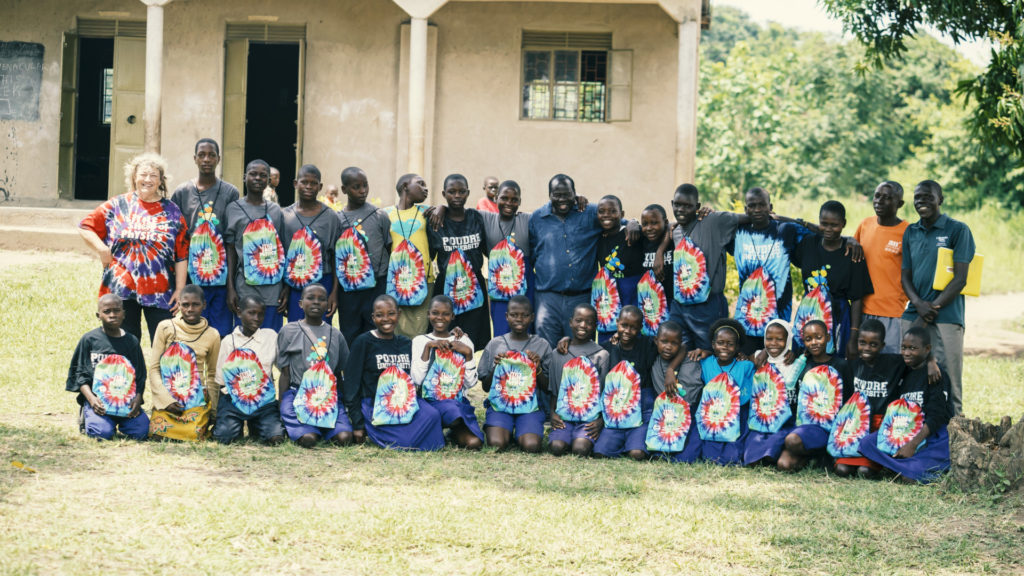
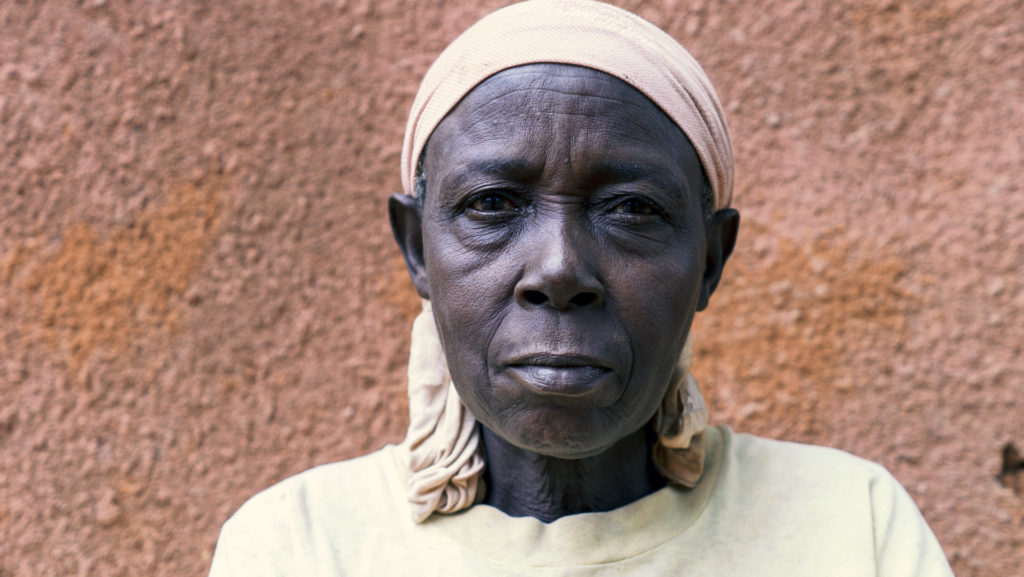
Photos by Brian Buss/Colorado State University
This summer, after graduating with a master’s degree from the Department of Health and Exercise Science in May, Schreck finally got the chance to see firsthand the effects that the tens of thousands of dollars in donations have had in Uganda. She went with Serunjogi to meet the orphans who have benefitted from the three school buildings and storage facility constructed as a result of their fundraising effort. And she brought along some friends: Brian Jones and Sheila Ferguson of CSU’s Little Shop of Physics, who provided the community with a variety of materials for hands-on science experiments and other learning activities.
Making an impact
The buildings serve as schools, health clinics and dorms for about 180 children between the ages of 4 and 14.
“Now we have buildings with roofs,” Serunjogi says. “When it rains, we don’t have to interrupt class to get under a tree. Sometimes you’d have two classes meeting under the same tree, and it would be distracting to the students because they could hear the other teacher.”
In addition to Jones and Ferguson of the Little Shop of Physics, CSU’s renowned science outreach program, Schreck brought her parents on the trip. Her mother, Chris, is a hospital pharmacist, and her dad, Scott, is a renewable energy engineer, so their skills came in handy. For instance, Scott explored what it would take to set up a solar energy system for the village. The group was also accompanied by CSU videographers Patrick Lindsell and Brian Buss, who captured footage of the entire experience.
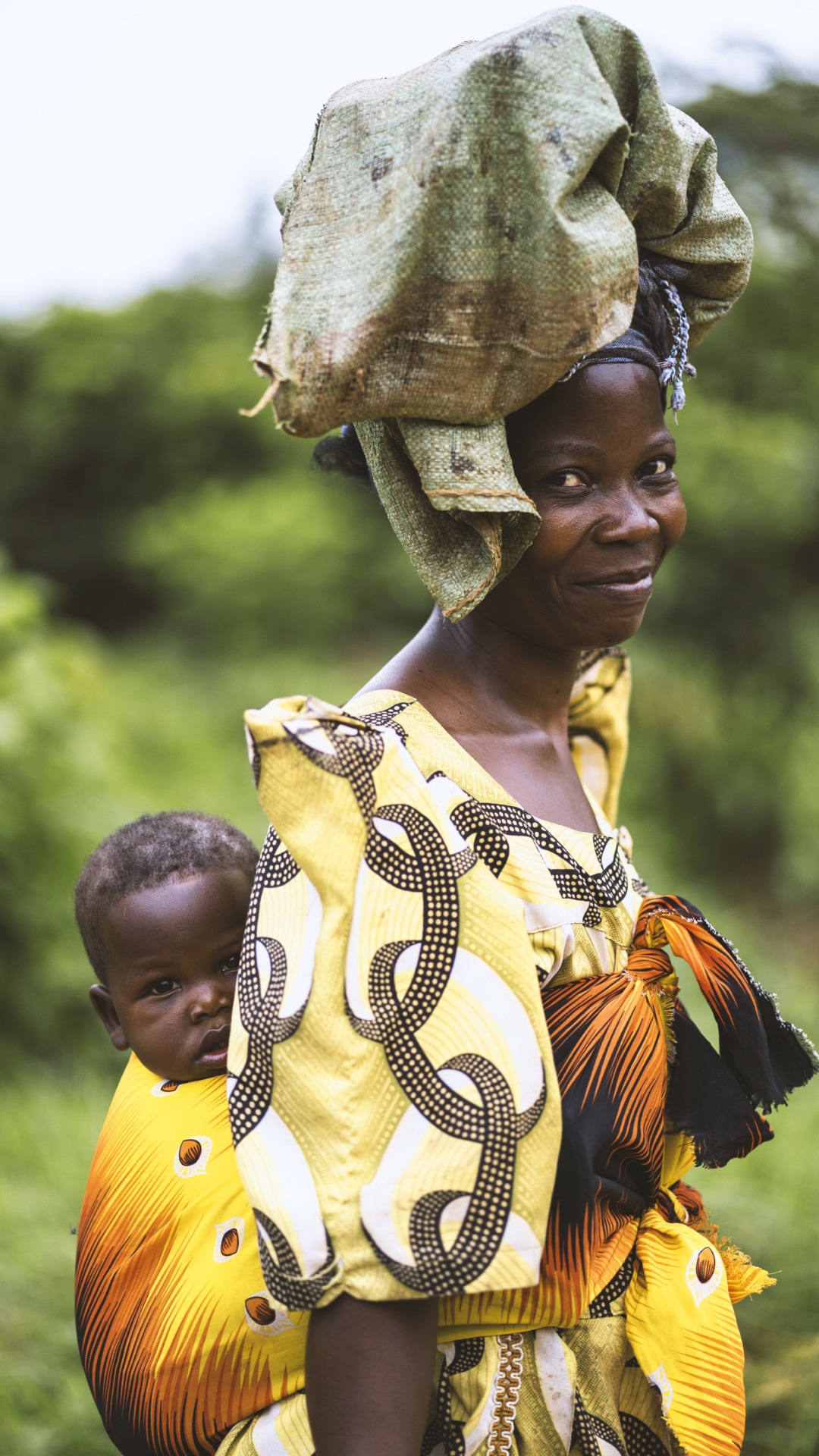
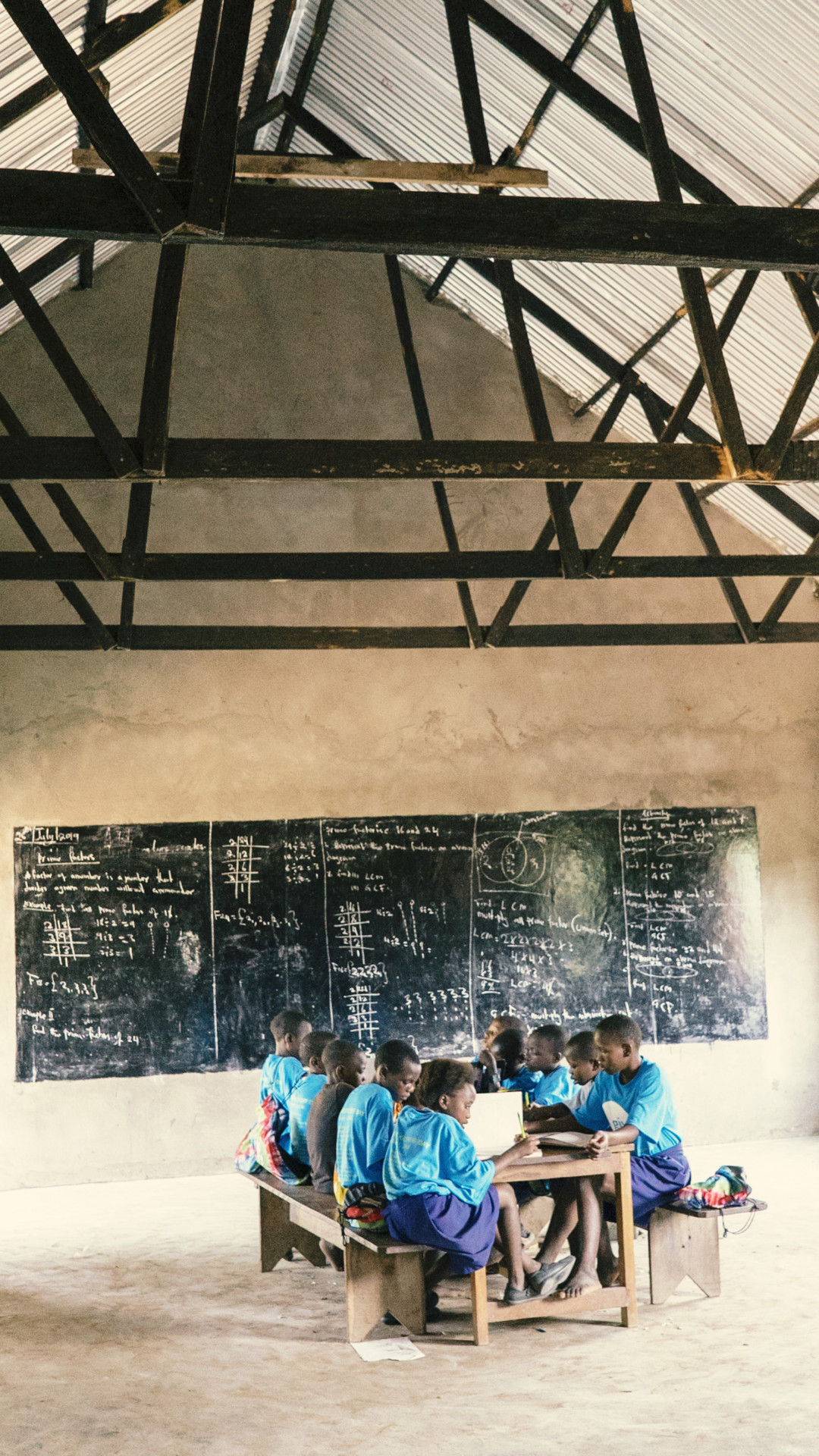
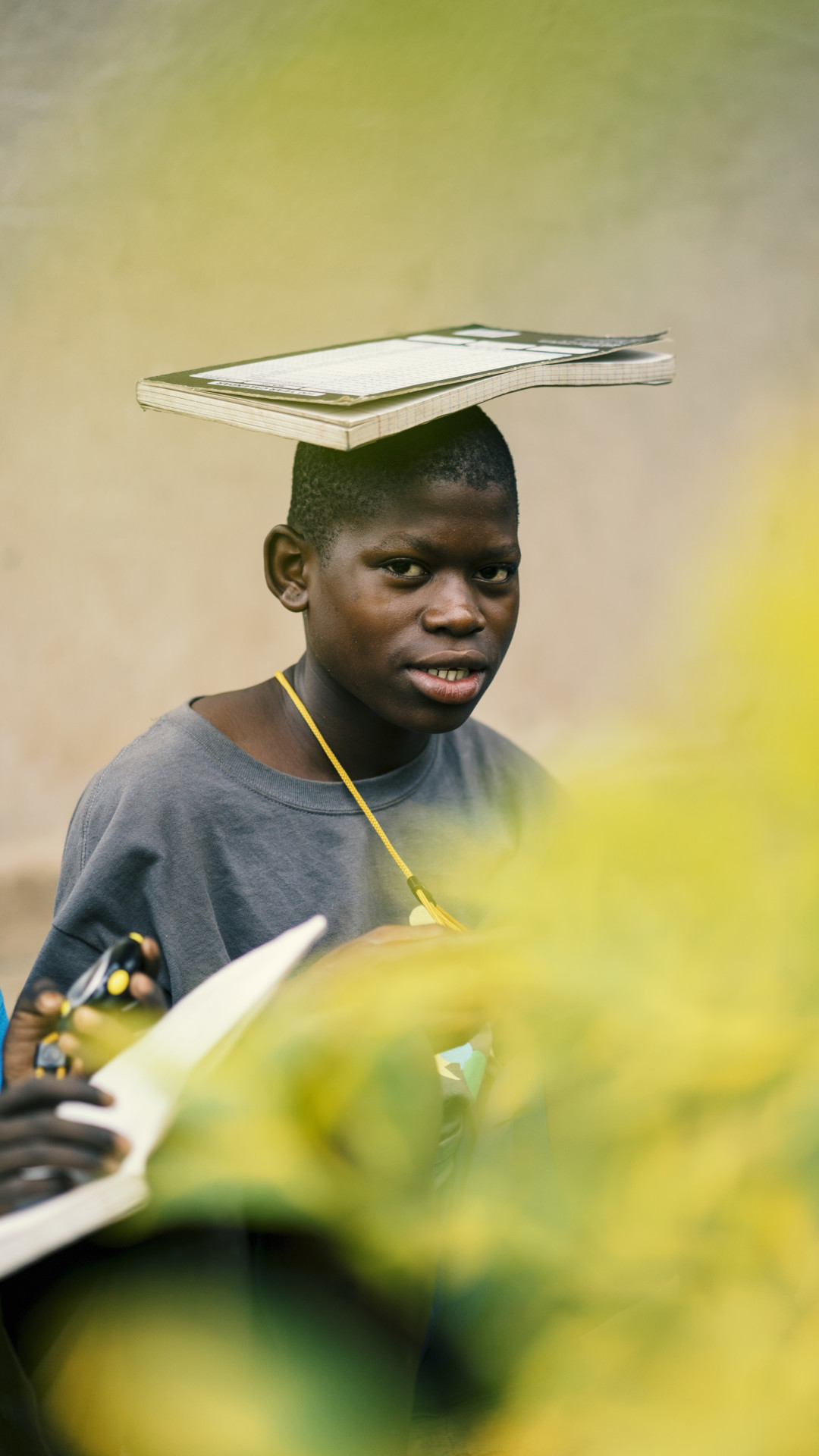
Photos by Brian Buss/Colorado State University
Warm welcome
When they arrived, the visitors were greeted with a welcome party that was part ceremony and part talent show.
“It was like a 21-act performance, featuring songs and dances by the kids and the teachers,” Schreck says, adding that a member of Uganda’s parliament was in attendance.
Jones says the event lasted about four hours.
“It was so neat to be welcomed that way,” he recalls. “I was not expecting that. They pulled out all the stops.”
Buss was most struck by how happy the kids were, despite the need for more basics like soap, toothpaste, mosquito nets and clothing.
“What I found there was joy,” he says. “Even the person dying from HIV was the most joyful I’ve ever met. It’s the happiest culture I’ve ever come across.”
Schreck agreed.
“Their attitude was the most surprising,” she remembers. “I asked them if they liked living there, and they all said yes. The kids were excited to be there, because this is the nicest school in the area.”
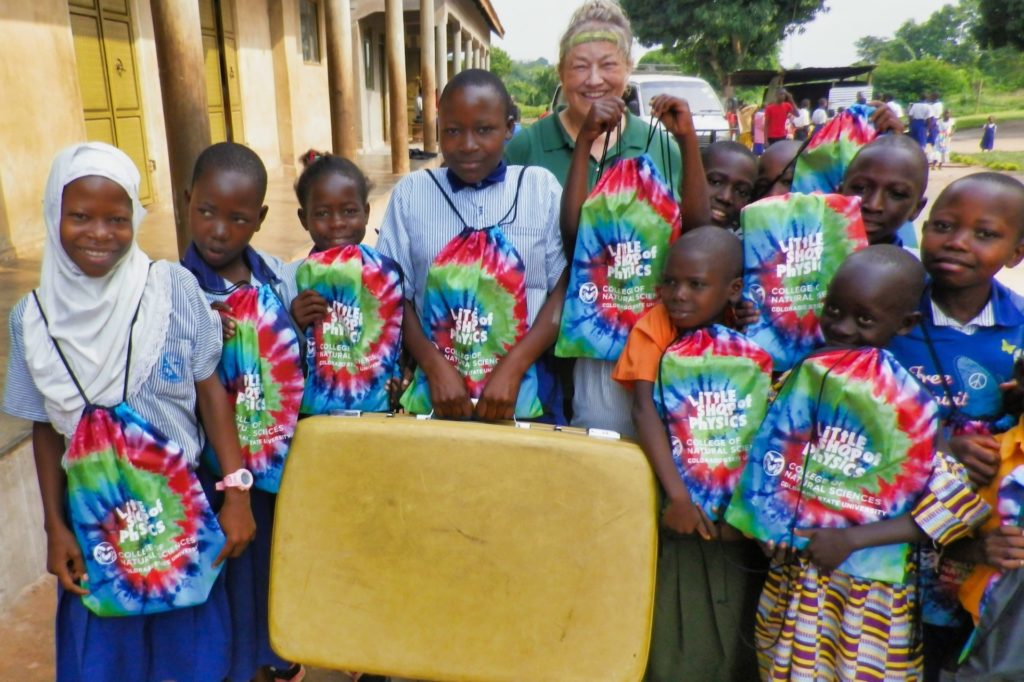
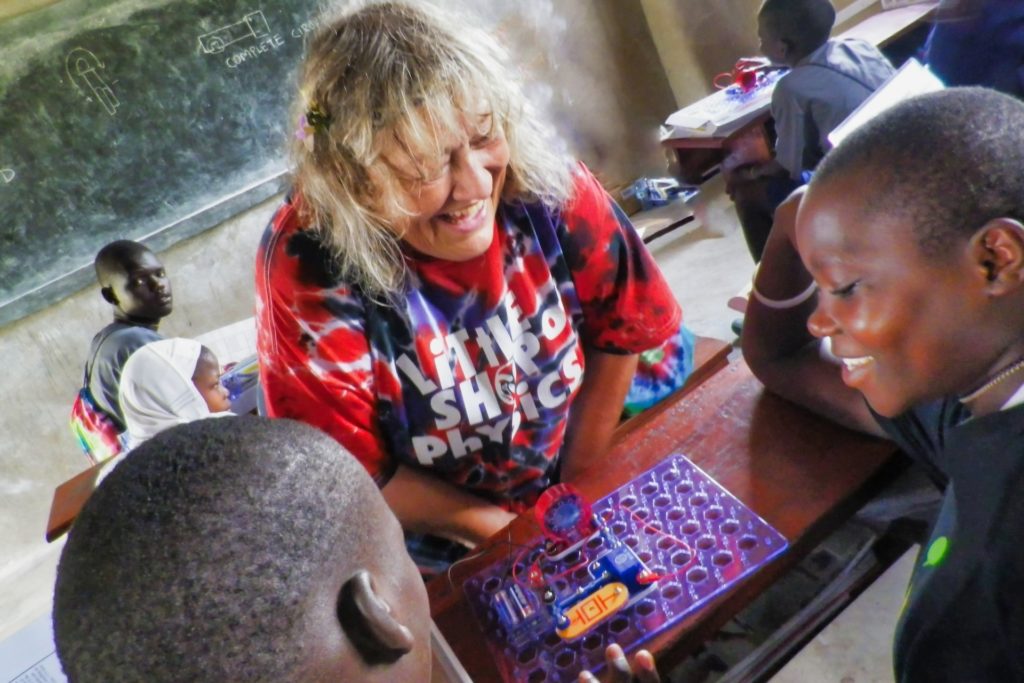
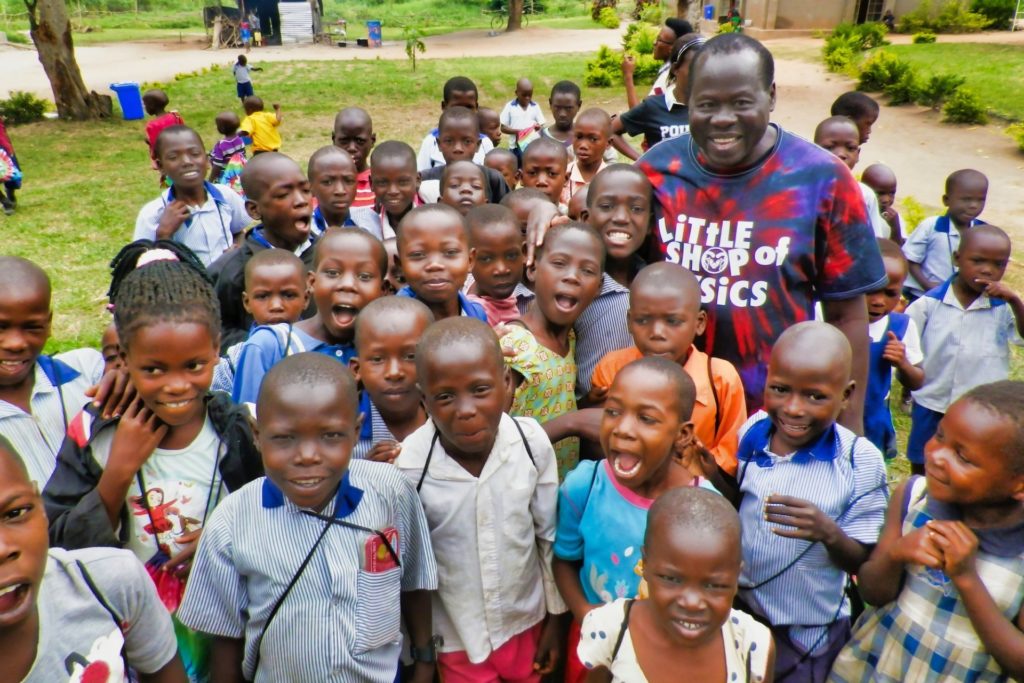
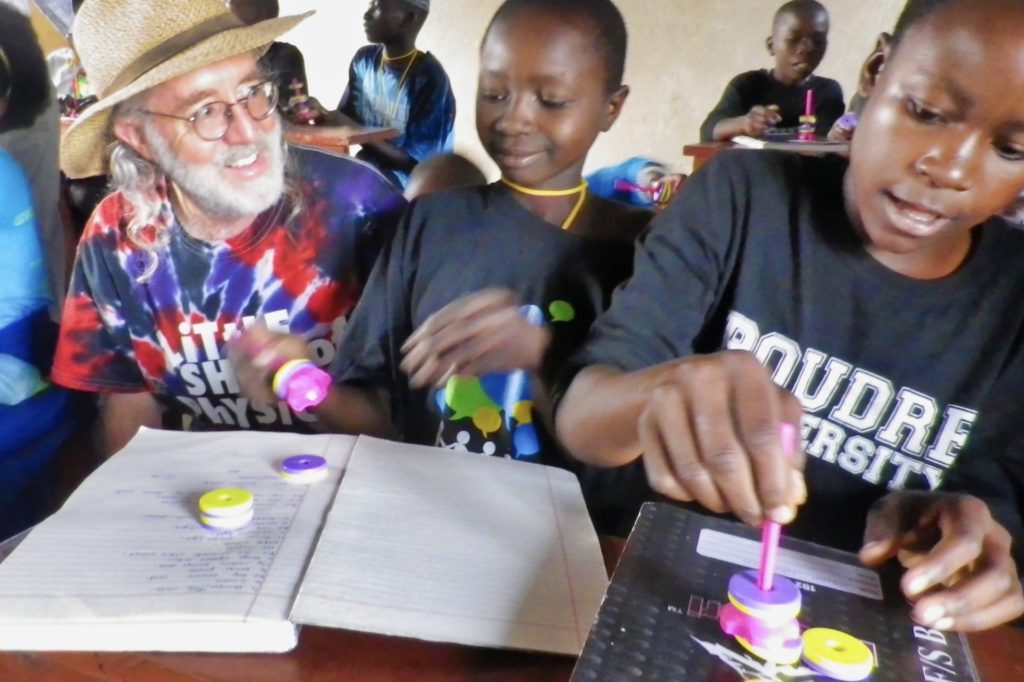
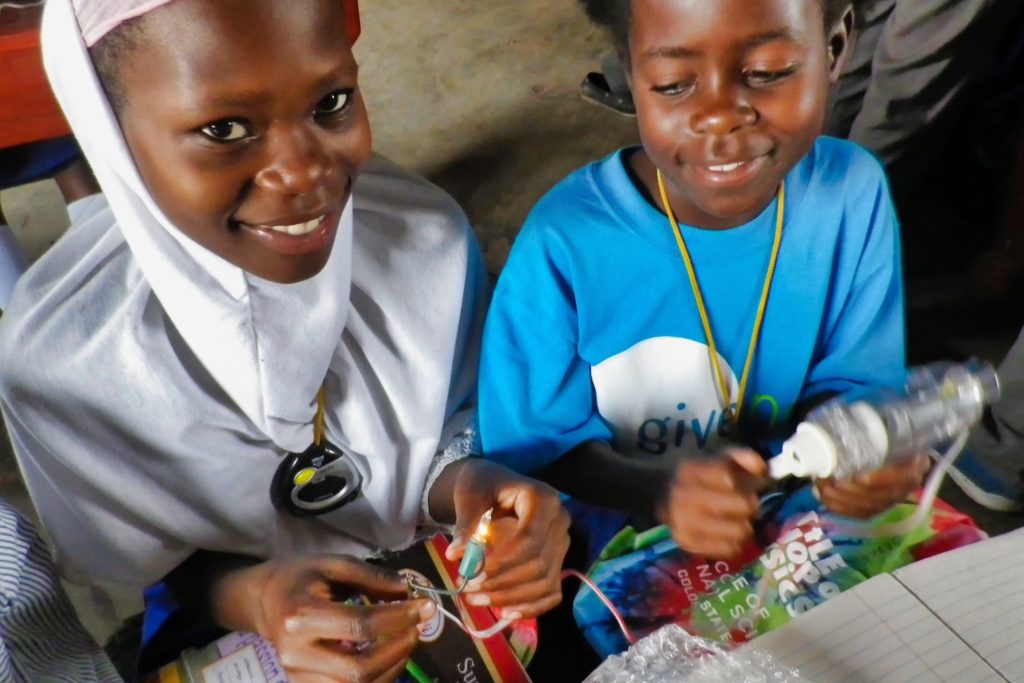
Photos courtesy of Brian Jones/Colorado State University
Scientific gadgets
Jones, director of the Little Shop of Physics and an instructor in the Department of Physics, and Ferguson, an LSOP teacher in residence, brought 750 pounds of science education materials in more than 20 suitcases that they left at Serunjogi’s village after introducing their curriculum to students and teachers alike.
There were backpacks, T-shirts, microscopes, tape measures, stopwatches, magnifying glasses, color-changing pencils, booklets and 3D glasses. There were also solar cells to charge batteries, hand-cranked generators, toy cars, glasses that break light into a spectrum, compasses and magnets. Jones and Ferguson not only provided student activities using all of the equipment, but taught the teachers and students how to fix and maintain the items long after the U.S. delegation left.
“We’re putting resources into a well-run organization,” Jones says. “I’m 100% sure that those materials will be used and cared for, for a long time. They were very serious about this.”
At first, Jones was concerned that the suitcases in which the equipment was packed didn’t match.
“But they just said, ‘These stack on top of each other, they hold stuff, what’s the problem?’”
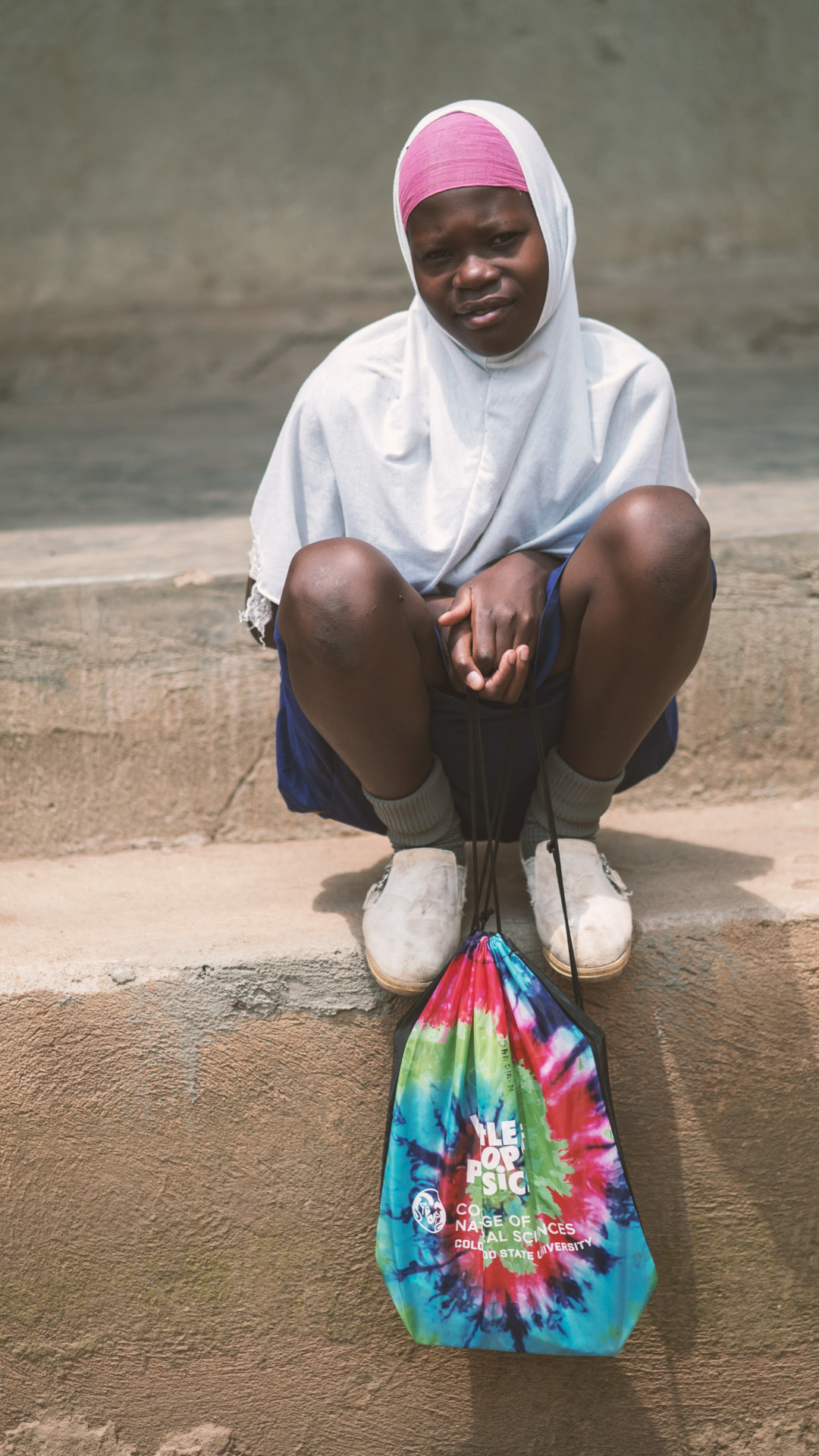
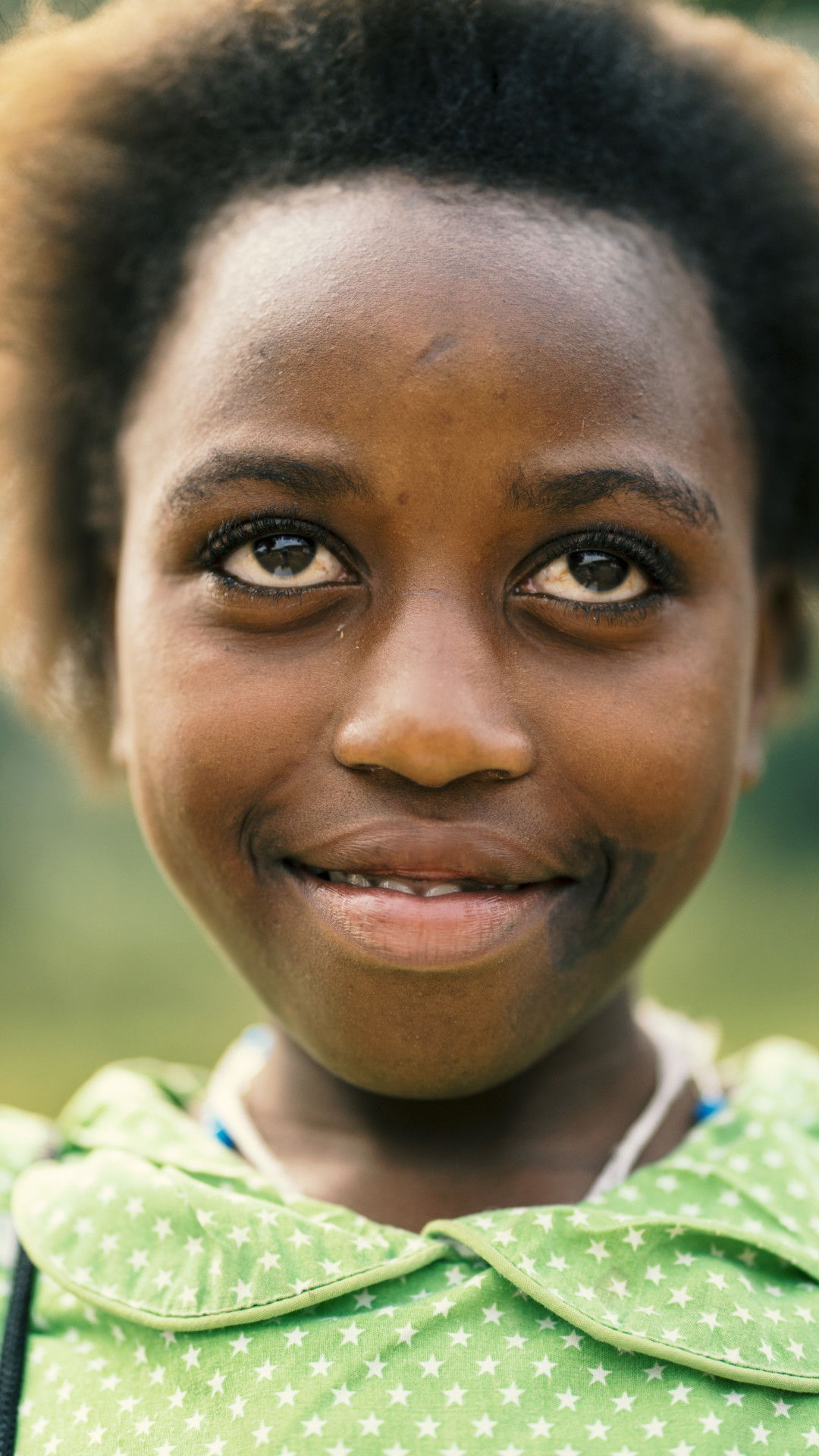

Photos by Brian Buss/Colorado State University
Catching on quickly
Jones says he was impressed with how the students responded. Watching sixth and seventh graders play with magnets for the first time was particularly memorable, as they quickly realized the magnets repelled each other when flipped around, and could move each other even when separated by a panel.
“We didn’t show them any of this, they were just relentlessly creative,” Jones says. “Everything I would have suggested, they came up with on their own. One kid even used them as earrings. It was fun to watch them and see the cogs turning.”
He was also struck by how the students worked together, even when asked to compete against each other. At the end of the first week, they made water bottle rockets that actually shot up into the air.
“We intended it to be a competition, and they wouldn’t do it,” Jones explains. “It wasn’t about who could get it to go the highest, it was a group effort to learn from each launch and all achieve the goal of getting it to go higher. Instead of, ‘My group discovered something and I want the teacher to know,’ it was more like, ‘My group discovered something, and I want to share that with others.’”
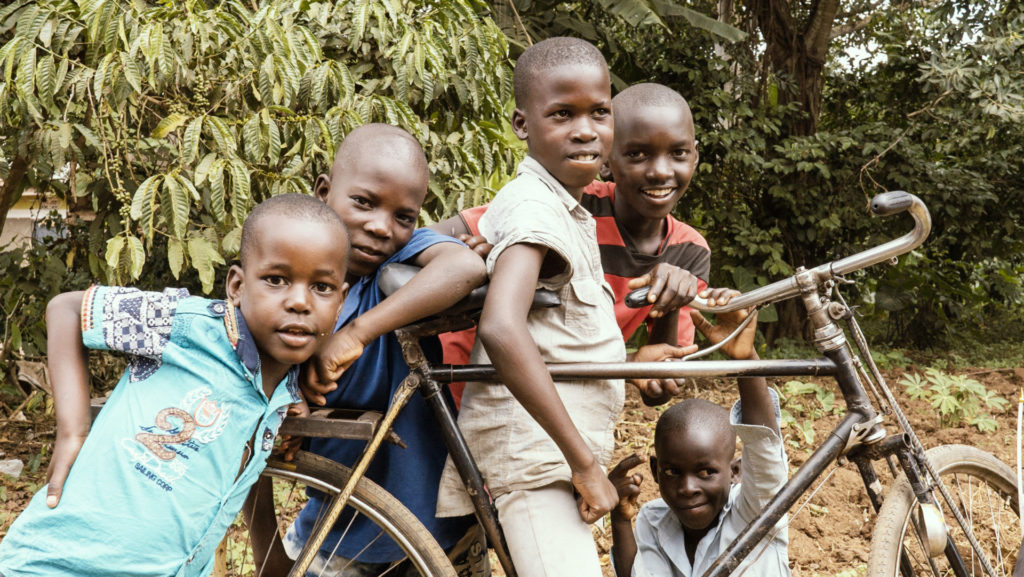
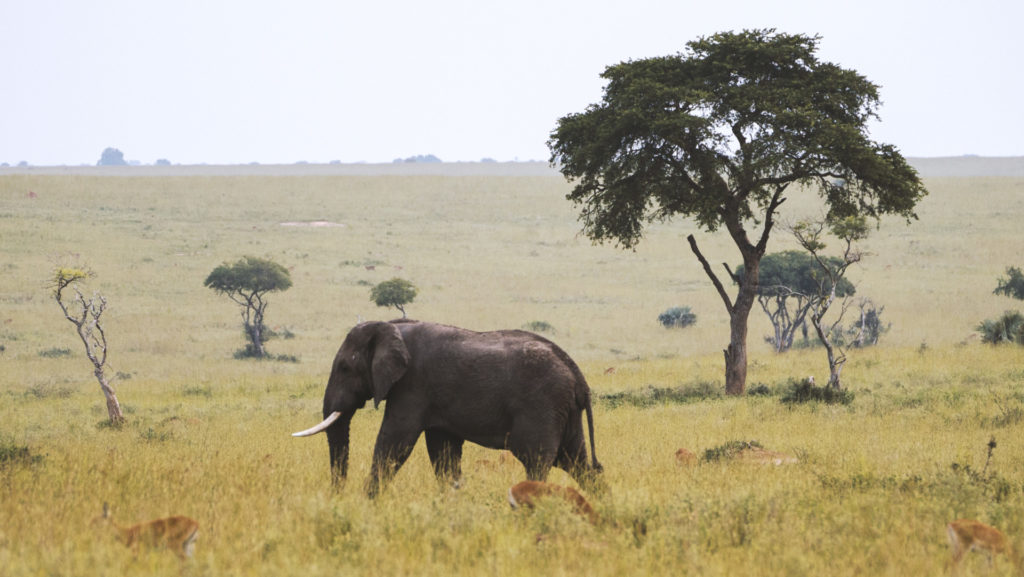
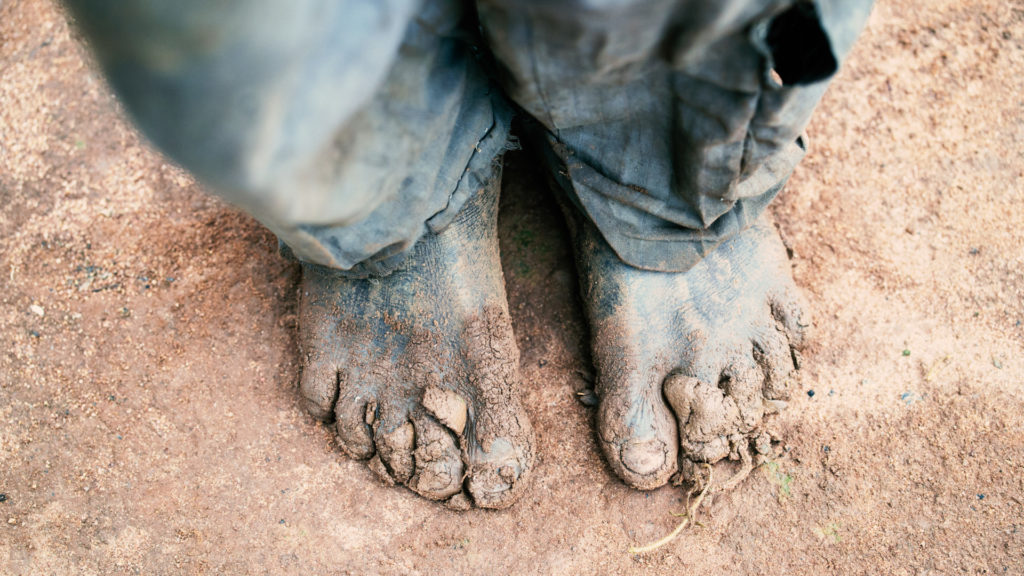
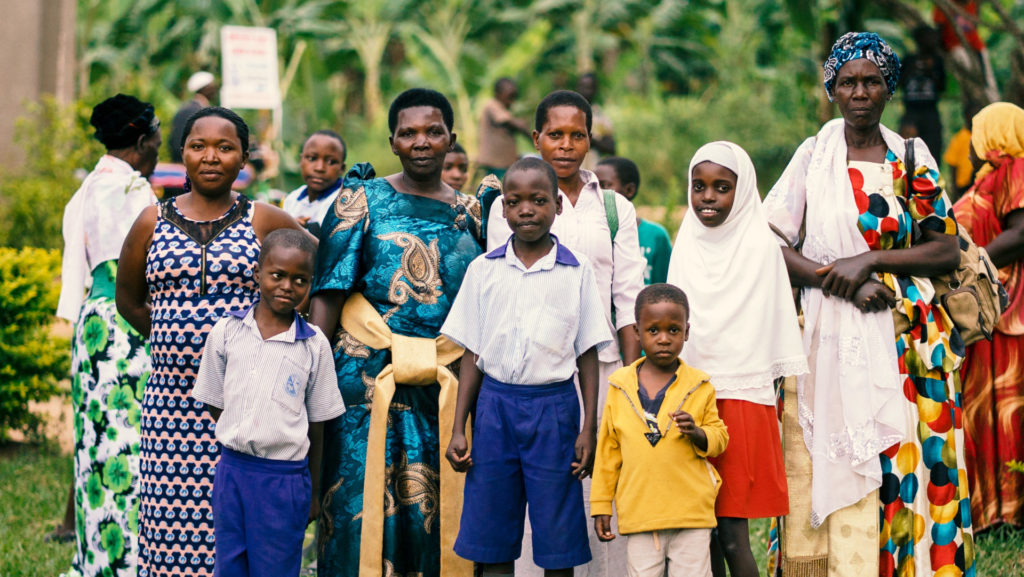

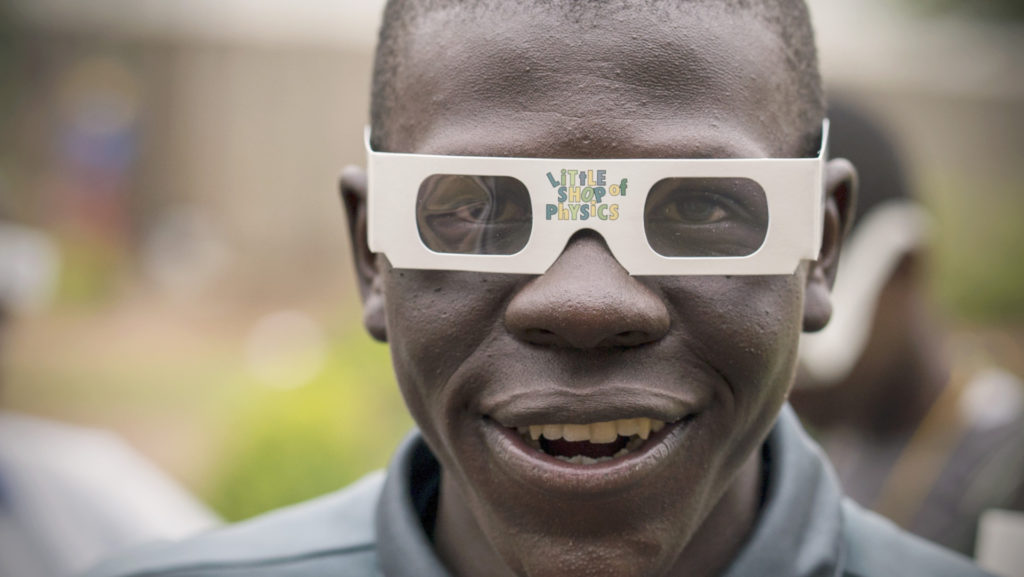
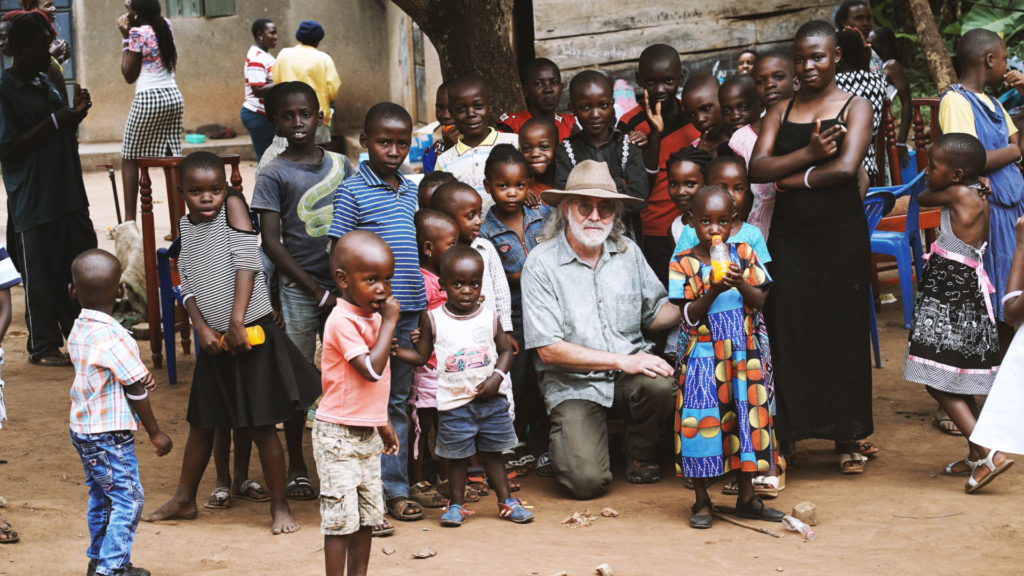
Photos by Brian Buss/Colorado State University
Mutually beneficial
And Jones a learned a few things from the Ugandan teachers. Like starting lessons with easy, fill-in-the-blank exercises.
“I’m going to start doing that with my students too, that bite-sized entry into new material,” he says.
In addition, the CSU group found that attention spans are different among Ugandan children.
“Activities that kids in the U.S. would get bored with in 20 minutes lasted a lot longer, so we had to constantly change the planned schedule,” Schreck explains.
Serunjogi was diagnosed with polio at 6 months, and by the time he was 19 years old, about 10 of his friends had contracted preventable diseases, so he wanted to improve that situation for the next generation. Before coming to the U.S., he successfully helped lobby his country’s parliament to make immunizations both mandatory and free of charge, and since then, the number of people with disabilities has dropped significantly.
Schreck says Serunjogi’s friends and relatives in the very family-oriented, community-centric village were worried about whether he had found a good community in the United States.
“People would say, ‘Thank you for taking care of Robert,’” Schreck says. “They were glad to meet his community in the U.S., and we would tell them, ‘Thank you for letting us take care of him and letting us have Robert in our lives.’”
The school still needs a stable operating budget, since about 30 of the students can’t afford to pay attendance fees, which are around $10 a month. To donate, visit https://advancing.colostate.edu/LITTLESHOPUGANDA.
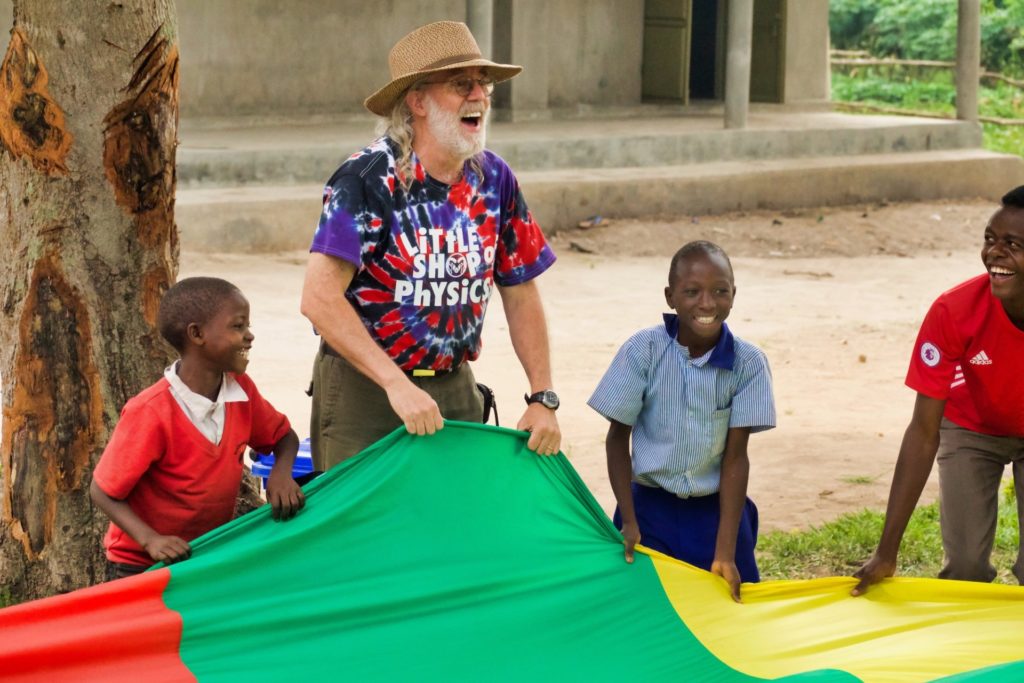
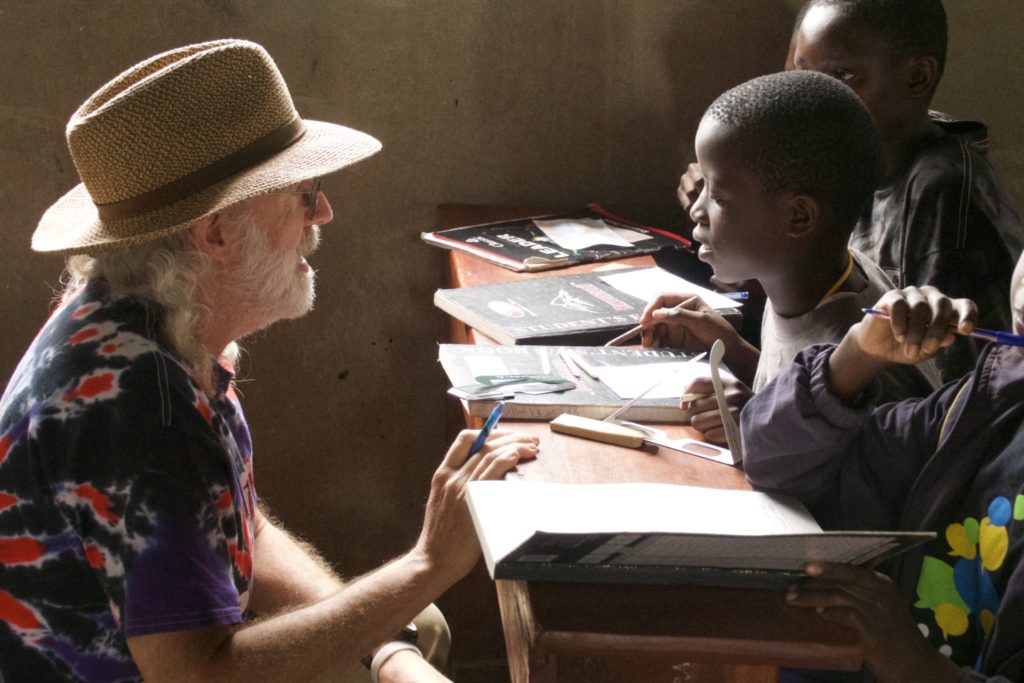
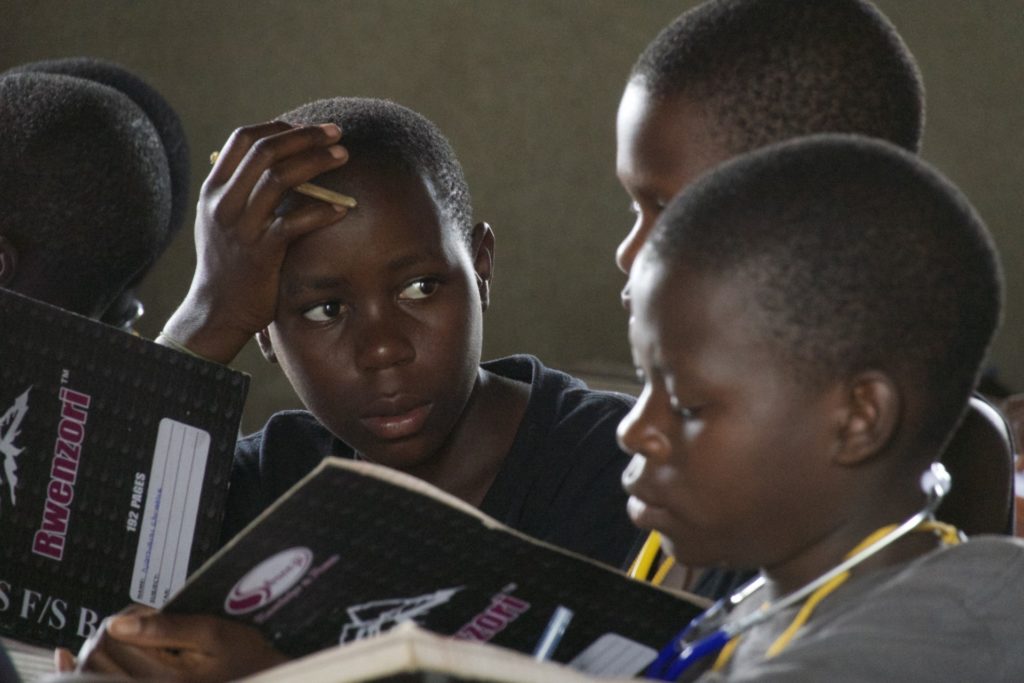
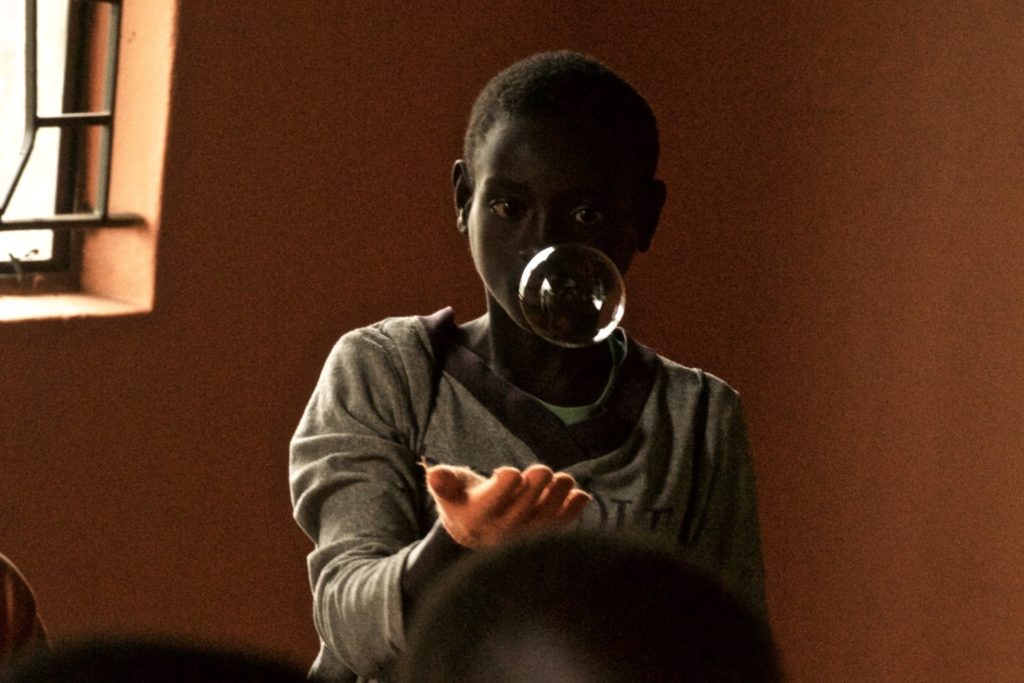
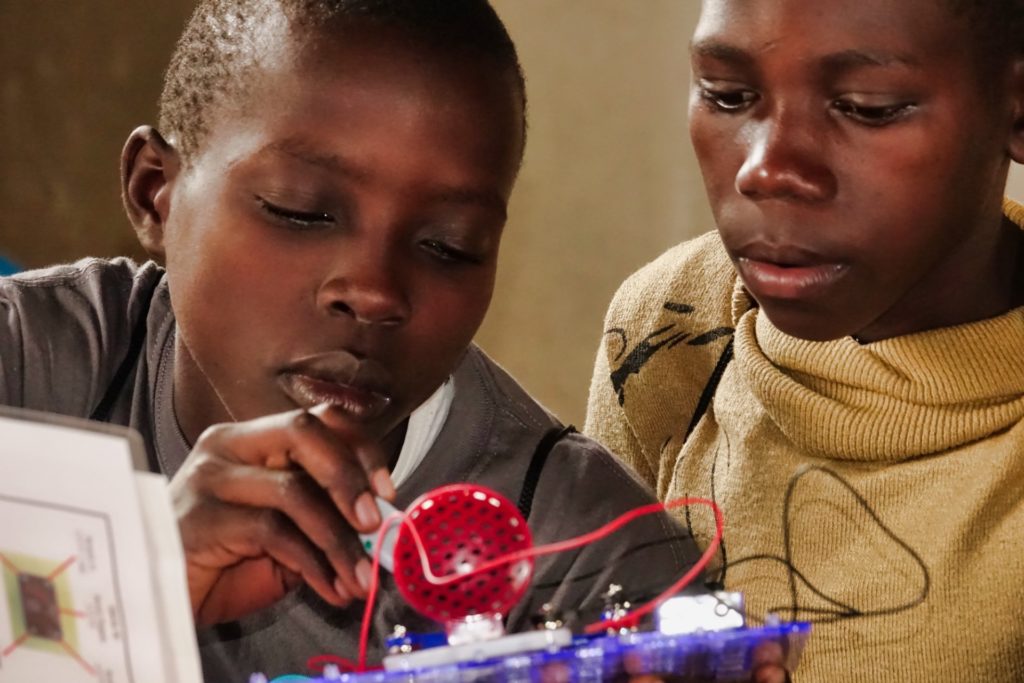
Photos by Brian Jones/Colorado State University